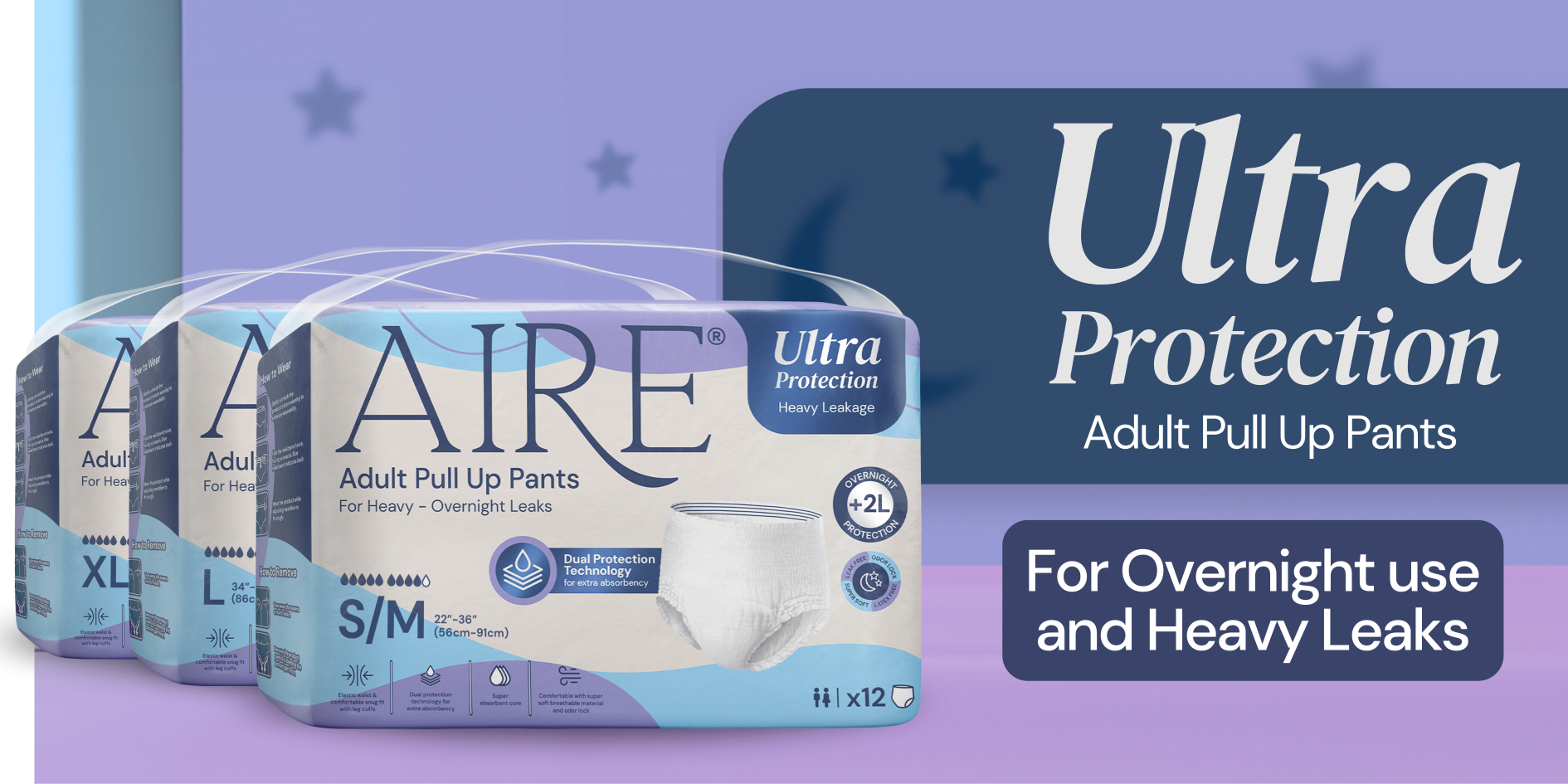Urinary retention. A medical condition many older adults go through and is especially common in the elderly, and specifically elderly men. So, what is urinary retention? It is an acute or chronic condition wherein the individual has a sudden inability to urinate, retaining urine in their bladder, which can cause severe pain and discomfort, while the bladder function deteriorates over time. Furthermore, urinary tract complications can occur and may deteriorate overall health when left treated for too long. In this article, we will be discussing urinary retention, understanding its causes, symptoms and effective ways and treatments where you can manage the condition while recovering.
Causes of Urinary Retention
Urinary retention can result from a variety of factors, broadly categorized into obstructive, infectious, and neurological causes:
- Obstructive Causes: These include physical blockages that prevent urine from flowing normally. Common examples are:
- Prostate Enlargement (Benign Prostatic Hyperplasia): A common cause in older men, where the enlarged prostate gland compresses the urethra.
- Urethral Stricture: Narrowing of the urethra due to scarring from injury, infection, or surgery.
- Bladder Stones: Stones that form in the bladder can obstruct the urethra.
-
Tumors: Growths in the bladder, prostate, or surrounding areas can cause blockage.
-
Infectious Causes: Severe urinary tract infections (UTIs) can lead to swelling and inflammation, obstructing urine flow.
-
Neurological Causes: Nerve problems affecting the bladder’s ability to contract and relax properly can lead to urinary retention. These include:
-
Spinal Cord Injuries: Damage to the spinal cord can interrupt nerve signals to the bladder.
-
Multiple Sclerosis: A condition that affects the brain and spinal cord, potentially impacting bladder function.
- Diabetes: High blood sugar levels over time can damage the nerves controlling the bladder.
Symptoms of Urinary Retention
There are very specific symptoms to identify urinary retention and some of them appear in both acute and chronic variations of the conditions. Some of the more specific symptoms include:
- Acute Urinary Retention:
- Sudden inability to urinate.
- Severe lower abdominal pain.
- A visibly swollen and tender lower abdomen.
-
Urgent need to urinate but only passing small amounts.
- Chronic Urinary Retention:
- Frequent urination in small amounts.
- Difficulty starting urination.
- Weak urine stream or a stream that stops and starts.
- Feeling of incomplete bladder emptying.
- Discomfort or pressure in the lower abdomen.
Diagnosis
Like any condition, it is always wise to visit a medical professional to advise on your next step. A diagnosis would help immensely to identify how to properly treat the condition and it. A urinary retention diagnosis usually involves an array of methods and some of these methods are:
-
Medical History and Physical Examination: The doctor will inquire about symptoms, medical history, and any medications being taken. A physical examination, including a digital rectal exam (for men) to check for prostate enlargement, may be performed.
-
Post-Void Residual (PVR) Measurement: This test measures the amount of urine left in the bladder after urination using ultrasound or a catheter.
-
Urine Tests: Analysis of a urine sample to check for infections, blood, or other abnormalities.
-
Cystoscopy: A procedure using a thin tube with a camera to view the inside of the bladder and urethra.
- Urodynamic Tests: Tests that measure the pressure and volume relationship in the bladder to assess its function.
Management and Treatment
The management of urinary retention depends on the underlying cause, the severity of the condition, and whether it is acute or chronic. Treatment options include:
- Catheterization:
- Intermittent Catheterization: Involves periodically inserting a catheter into the bladder to empty it.
-
Indwelling Catheterization: A catheter remains in the bladder for continuous drainage, either through the urethra or a small abdominal incision (suprapubic catheter).
- Medications:
- Alpha-Blockers: Medications like tamsulosin help relax the muscles of the bladder neck and prostate in men with BPH.
- Antibiotics: Prescribed if an infection is the cause of retention.
-
Cholinergic Medications: These help stimulate bladder contractions in cases of nerve-related issues.
- Surgery:
- Transurethral Resection of the Prostate (TURP): A common surgical procedure for men with BPH to remove parts of the prostate.
- Urethral Dilation or Stent Placement: Used to widen a narrowed urethra.
- Bladder Stone Removal: Surgery to remove stones causing obstruction.
-
Pelvic Organ Prolapse Repair: For women with prolapse contributing to retention.
- Lifestyle and Home Remedies:
- Scheduled Voiding: Training the bladder to urinate at regular intervals.
- Pelvic Floor Exercises/Kegel Exercises: Strengthening the pelvic floor muscles to improve bladder control.
- Avoiding Bladder Irritants: Reducing intake of caffeine, alcohol, and acidic foods that can irritate the bladder.
Conclusion
While urinary retention might seem like a harrowing condition, it is treatable with many effective treatments and remedies to soothe the pain and discomfort caused by it. Though complex with many potential causes and symptoms, effective management, appropriate medical intervention and lifestyle changes will go a long way to help control the condition. By finding out more about how you can help control your urinary retention, it can also help medical professionals to formulate a personalised plan to help improve your quality of life.
References
https://www.healthline.com/health/urinary-retention - Healthline, Urinary retention
https://www.niddk.nih.gov/health-information/urologic-diseases/urinary-retention/treatment - NIDDK, treatment of Urinary Retention
https://www.niddk.nih.gov/health-information/urologic-diseases/urinary-retention - NIDDK, Urinary Retention



